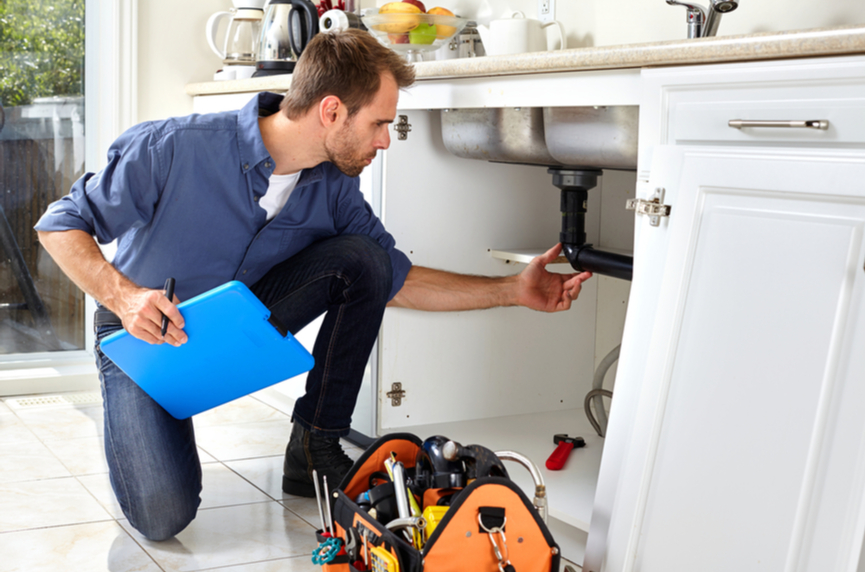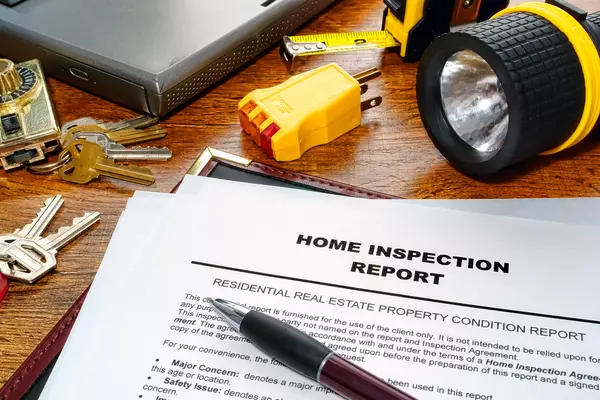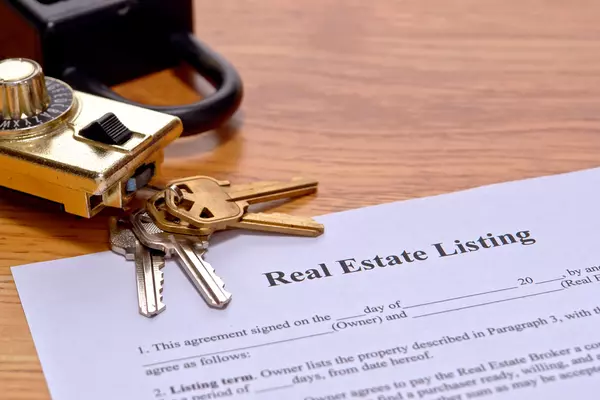An Overview of the Home Buying Process
Buying a home is an adventure! If you’re a new home buyer the adventure can be exciting but also a little scary. You may even be wondering what you don’t know that you should. Many buyers start out on the internet looking at homes for sale and dreaming. I recommend that's where everyone starts. It'll give you a good idea of what's available. When you’re ready to take the next step, here’s what you can expect:
Finding Help
As a buyer, it may be beneficial to find an experienced realtor. They not only walk with you through the process, but they will also represent your best interests to be sure you have the smoothest buying experience. Be sure to discuss your goals, needs, and priorities in buying a home from the beginning. This can include your desired neighborhoods, the features you want in a home, timeframes, etc. Your realtor will most likely be paid for by the seller so this service will be free to you.
Determining Financing If Needed
If you’re fortunate enough to have the cash and not need financing, you’ve either worked really hard, or are blessed, or both. Most of my first-time homebuyers need a little help and that’s where lenders come in. There are many types of loans and a good lender can help you determine the best one for your situation. Things that are taken into consideration in choosing the best loan for you are your income, the amount of debt you currently have, where the home is you’re purchasing, your credit score, just to name a few. There are many programs out there including ones to help with down payments. Not all lenders are created equal so shop around, get recommendations, and get help evaluating them if you need it. Don’t be afraid to ask questions. This is most likely the largest purchase you’ve made and you want to be sure you get the best deal for yourself. You’ll want to have this done before you start looking at homes so, one, you know what you can afford, and two, you’re ready to make a solid offer when you find your dream home.
Finding Your Dream Home
Most likely you’ve already been looking at homes on the internet. In today's market, the well-priced, well-maintained homes get sold quickly. You may want to subscribe to a search option that will send you the new homes every day that come on the market that meet your criteria. Spend some time driving the neighborhoods to get the feel of them. Know how far you’re willing to be from work during peak traffic hours. School districts are important to a lot of my clients if they have kids. Do your research early. A realtor can set up appointments to go look at the ones you are interested in. It’s a lot of fun when you switch from just looking on the internet to actually being able to go inside of your favorite ones.
Making an Offer to Purchase
Once you’ve found the home of your dreams, the next step is to make an offer! Market research of past comparable sales will help determine the right offer price and terms. There are many things to negotiate other than just price, although this is probably the most important term for most buyers. Other things to consider are:
- the closing date - the day you sign the paperwork and get keys!
- earnest money - "good faith money," a deposit you place with the escrow agent at time of contract which will be credited back to you at closing
- due diligence period - the time period from contract ratification for inspections
- home warranty - a warranty purchased at closing to cover most major expenses that can happen in home maintenance. ie. HVAC, roof, appliances, etc.
- closing costs - the buyer and seller have their own closing costs, it is possible to negotiate the seller to contribute towards the buyer closing costs to minimize the money needed at closing
- CL-100 (termite letter) - an inspection for termites, moisture levels and damage, and any wood-destroying fungi or insects
- closing attorney - the attorney that will complete the closing by preparing the title to transfer, getting all lending documents signed, and filing all necessary paperwork.
While these are not the only things addressed in a contract, they are some of the common ones. The seller will accept, counter or reject your offer. If they accept, congrats! If they counter, negotiating continues until all the terms are accepted by all parties.
From Contract to Closing
After ratifying the contract, a copy needs to be sent to your lender and the closing attorney. Your lender will now need all the multiple documents they requested when you filled out the loan application. It’s important to get them there in a timely manner. They will order the appraisal. The attorney will do a title search and prepare the title to transfer. If you haven’t given your earnest money check to the escrow agent, you’ll need to do this asap as well.

The inspection period begins the day the contract is ratified. Any inspections you want need to be scheduled. These are commonly done by a licensed home inspector. Be sure to work with a licensed and experienced inspector. You want to be sure nothing is missed. If there are items you want to be addressed, a repair addendum will be negotiated to ask the seller to fix these. The CL-100 will be completed checking for termites as well as high moisture and wood rot.
Homeowners insurance needs to be set up. Don’t wait until the last minute. If a named storm is out to the east, insurance companies stop binding policies and it could hold up closing. Start with whoever has your auto insurance. They most likely offer a discounted rate if you have other policies with them. You’ll also want to get a couple of other quotes as well. Because we’re close to the coast, rates vary by companies quite a bit. Once finalized, send this information to the attorney.
If a home warranty is to be placed on the home at closing, this needs to be set up and the invoice sent to the attorney.
The attorney will schedule a day and time for closing based on what's in the contract.
The morning of or the day before closing, you’ll want to do a final walk through to be sure all repairs have been done and the property is left in the condition it was in when ratifying the contract.
Attend the Closing!
This is the best day. You’ll go to the attorney's office and sign all required closing paperwork. Once complete, you’ll get the keys and you are now a proud new homeowner! Let the moving in begin!!
While this process can seem overwhelming, taking step by step it’s manageable. If you’d like to discuss your situation or want some help in the process, please let me know. I’m here to help.
Categories
Recent Posts













